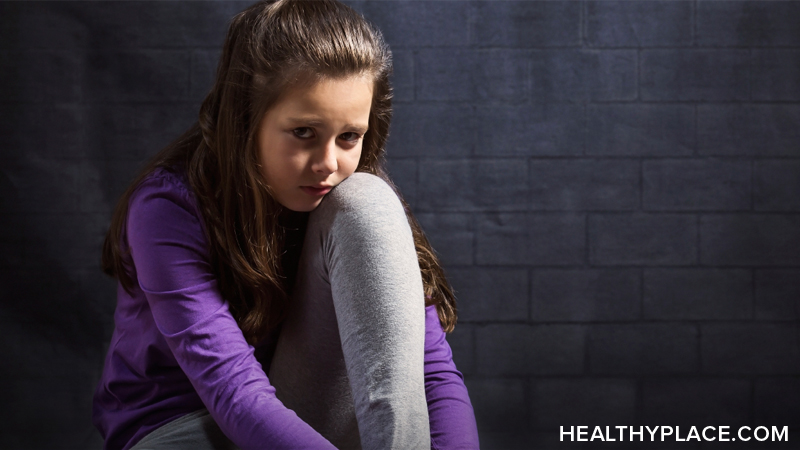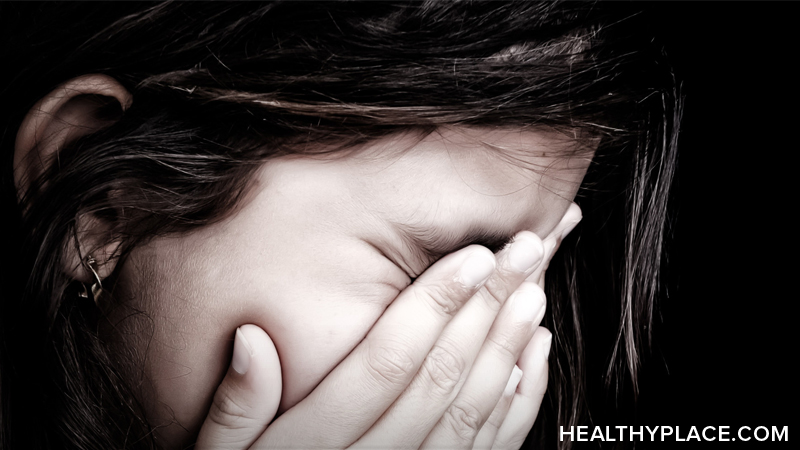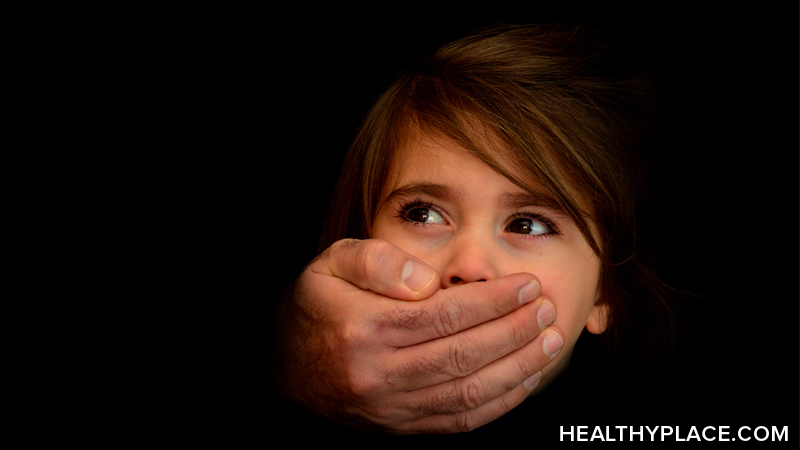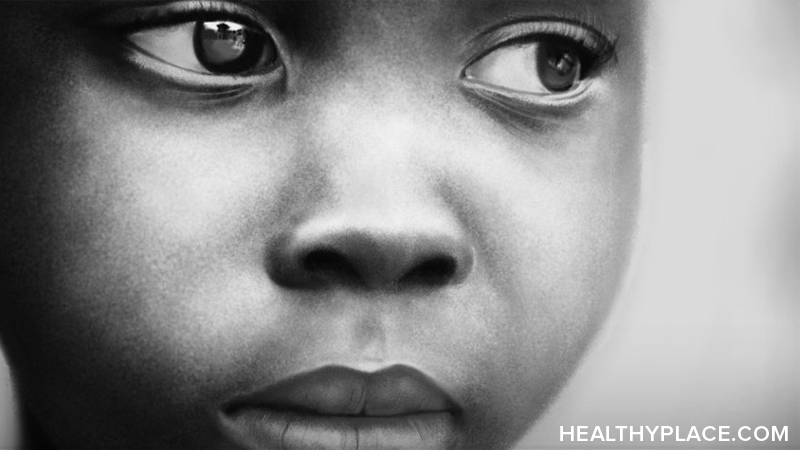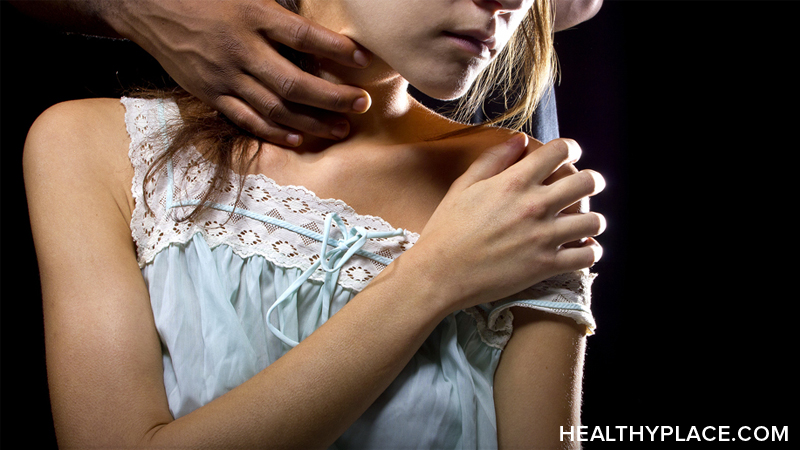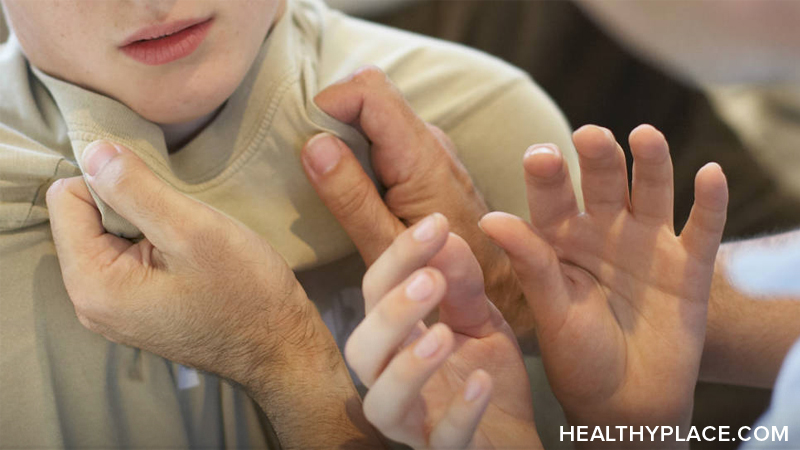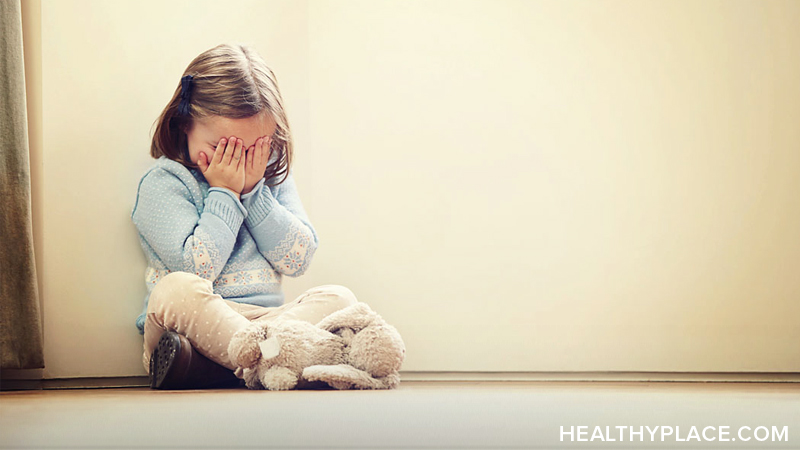Victims of Sexual Abuse: Do They Ever Get Over It?
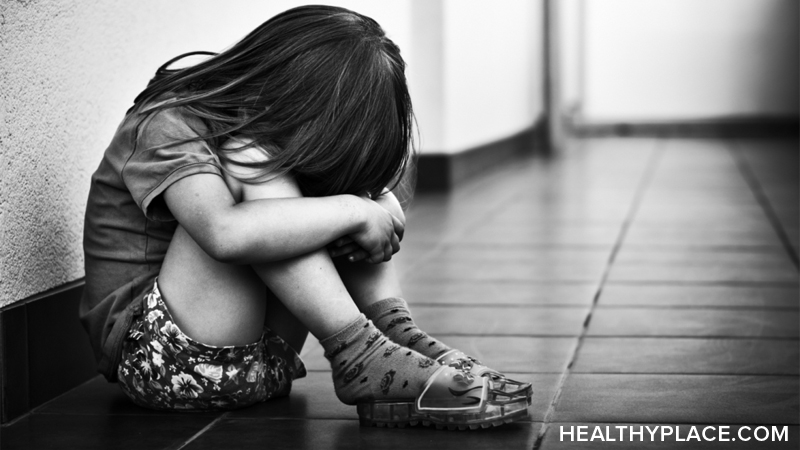
Every year, there are tens-of-thousands of new child victims of sexual abuse and while some say that these people grow up and never fully recover from the sexual abuse, many professionals believe that abuse survivors do "get over" their abuse. Adult survivors of child abuse do not necessarily show any dysfunction due to the abuse they experienced. The earlier an abuse survivor deals with their abuse, the better their chance of a full recovery.
The two key components in recovering from sexual abuse are:
- Dealing with the effects of sexual abuse
- Preventing further abuse
Depending on the situation, an abuse survivor may be focused more on one, the other, or both.
Issues for the Victims of Sexual Abuse
In order to fully recover, survivors of child abuse must deal with many issues. It is only once these issues are faced that victims of child sexual abuse can truly move on. While issues are interrelated, the Child Welfare Information Gateway (by the Administration for Children and Families) lists these five treatment issues:1
- Trust, including patterns in relationships
- Emotional reactions to sexual abuse
- Behavioral reactions to sexual abuse
- Cognitive reactions to sexual abuse
- Protection from future victimization
The victims of sexual abuse experience a break in trust in many ways. Trust is broken not only by the abuser but by those around the abuse survivor as well. For example, the victim may feel betrayed by their family if the abuser is a family member or family friend or they may feel a lack of trust with all people now concerned with their safety in all relationships. This trust can be repaired, however, by experiencing new, safe relationships often with the aid of therapy.
An emotional reaction to sexual abuse is absolutely normal but is something with which child sexual abuse survivors must deal. Victims of sexual abuse often feel:
- Responsible for the abuse and guilty about the abuse, even though it was not their fault
- A damaged sense of self and self-esteem; feeling like "damaged goods"
- Anxiety and fear around all aspects of the abuse
Both child and adult sexual abuse survivors can work through these emotions through therapy.
Behavioral reactions to sexual abuse are also normal and can be treated. A common behavioral reaction is an overly sexualized behavior. Victims of sexual abuse may dress and act overtly sexual, even if they are children. Sexualized behaviors affect a child's life negatively and can increase the likelihood of future abuses. Other behavioral problems associated with sexual abuse include:
- Aggression
- Running away
- Self-harm (cutting or burning)
- Criminal activity
- Substance abuse
- Suicidal behavior
- Hyperactivity
- Sleeping/eating problems
- Toileting problems
Behavioral reactions to sexual abuse can be overcome by sexual abuse survivors. Sometimes, though, it requires additional treatment if a behavior has become overly problematic, such as in the case of substance abuse in adult survivors of child sexual abuse.
Survivors of Child Abuse – Am I Getting Better?
While it can seem like getting over child sexual abuse is impossible, this is not the case. According to the New York City Task Force Against Sexual Assault, survivors of child abuse can check items off this checklist as they progress towards recovery:2
- I acknowledge that something terrible happened to me.
- I am beginning to deal with my feelings about the assault.
- I am angry about what was done to me but recognize that my anger is not a constant part of my feelings. It intrudes into other parts of my life in a negative way.
- I can talk about the assault experience with a counselor or a therapist.
- I am beginning to understand my feelings about the assault.
- I can give responsibility for the assault to the person who attacked me. The responsibility is not mine to accept.
- I could not have prevented the assault, and I recognize that I did the best I could to get through it.
- I am developing a sense of my own self-value and am increasing my self-esteem.
- I am comfortable with the choices I make for myself.
- I am developing a sense of being at ease with the subject of my assault.
- I recognize that I have a choice about whether or not to forgive my assailant(s).
- I recognize that I have begun to get back control in my life, that the assailant does not have power over me.
- I recognize that I have the right to regain control.
APA Reference
Tracy, N.
(2021, December 17). Victims of Sexual Abuse: Do They Ever Get Over It?, HealthyPlace. Retrieved
on 2025, May 22 from https://www.healthyplace.com/abuse/child-sexual-abuse/victims-of-sexual-abuse-do-they-ever-get-over-it
